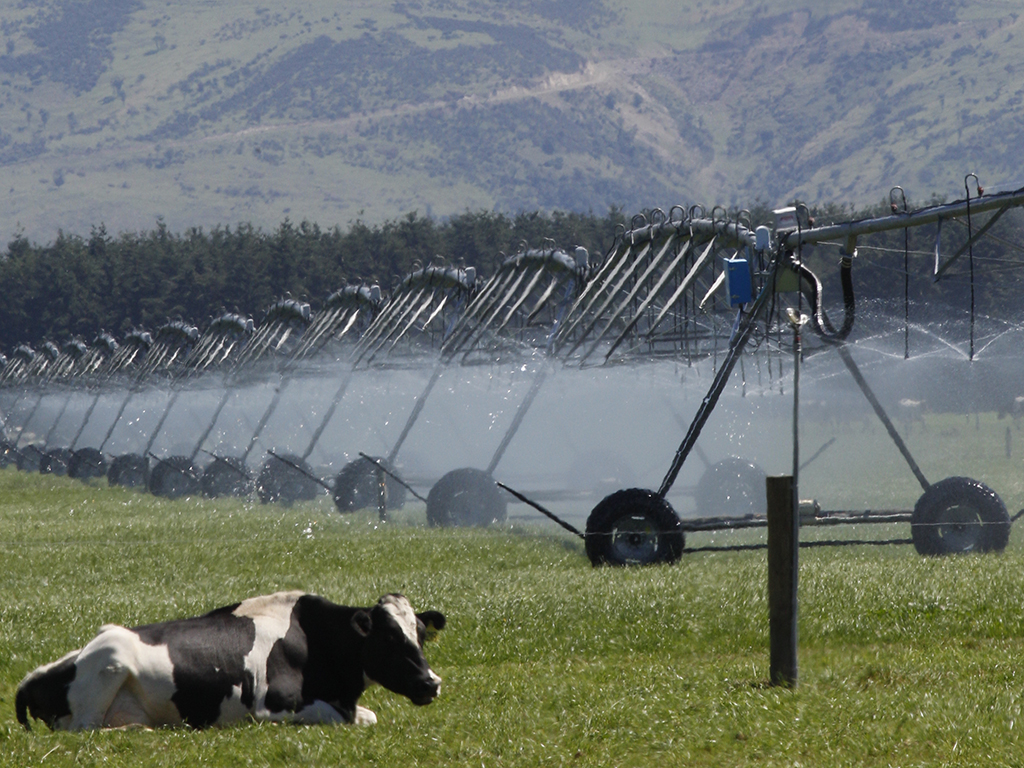To economists and financial analysts, a ‘stranded asset’ is something — e.g., a piece of equipment or a resource — that once had value or produced income but no longer does, usually due to some kind of external factor, including changes in technology, markets and societal norms.
Stranded assets need to be written off, as they diminish the true value of the entity holding them.
Unfortunately, CHB has a number of stranded assets and doesn’t seem willing to face up to the reality.
Take large-scale dairy operations that consume millions of cubic metres of precious water – the preponderance of CHB’s water supply, more than CHB’s municipal allocation – to irrigate grass on leaky stony soils to feed cows.
CHB has a half-dozen or so of these stranded assets – they are effectively the coal mines of the region. Their day has passed. What they need is an exit strategy, not ratepayer or taxpayer subsidy in the name of ‘water security’.
And a stranded asset doesn’t need to be physical in nature … it can be a property or legal right, or intellectual property.
CHB – or more specifically, a small group of water welfare aspirants (Water Holding Hawke’s Bay, WHHB) – also holds this form of stranded asset.
WHHB holds the consents for the dead Ruataniwha dam scheme, for which it must, like all water consent holders, make an annual payment to the Regional Council if it wishes, nevertheless, to keep the consents alive. In WHHB’s case, this amounts lately to $58,000.
Fortunately for the apparently destitute WHHB, not so fortunately for burdened CHB ratepayers, the CHB District Council has come to the rescue, awarding WHHB the $58k to cover the expense – outright corporate welfare.
For this, and citing other abuses of transparency and conflicts of interest, the environmental representatives on the so-called Tukituki Leaders Forum have just resigned (resignation letter here). More on this sham process another time.
Resuscitating the Ruataniwha scheme is a non-starter. It was killed by the Supreme Court. It falls well outside the modest scale of water storage that the PGF will fund. And the HBRC’s latest study conducted by Tonkin + Taylor confirms previous analysis that concluded a smaller dam at the Makaroro site (to which the consents actually apply) is not viable for a number of physical and financial reasons.
So, the consents are WHHB worthless.
CHB ratepayers would have been better served if the CHB District Council had bought $58,000 in Lotto tickets … or futures in Dutch tulip bulbs.
It’s time to clear the balance sheets and move on to realistic future scenarios.
See related post: “Dead on arrival”


The CHBDC are stuffing a dead horse with very expensive oats in the hope it will come alive
In a nutshell Gren!
Four of the consents relate to taking water from the rivers to fill up dams or a dam and then discharging that water for irrigation .These will be needed for any storage scheme . One consent relates to building s dam on the Makaroro. Investing in a current set rather than going through the whole process again in future was seen as a reasonable action by our elected representatives .
The real issue should not be about water storage as a first port of call but about the question of whether or not we are using the water we have in the best way .
The answer to that is” no, that’s not happening .”
Intensive dairy is the worst way to use water and thats’s where 42% of our water is allocated .
Those Farms are the major cause of water pollution in CHB not to mention the accelerated rate of cadmium accumulation in the soil.
The problem in hand, inclusive of steadily elevating water supply nitrate levels, is directly paralleled across the Waimakariri Plains in Canterbury with identical environmental degradation. Events to date clearly illustrate that both the local bodies and the legislation under which they operate are incapable of satisfactorily handling the situation. Alternatively, this conflict of interests and its detrimental and worsening future prospects for local communities must be addressed by central government, before the shambles of responsibility avoidance and mounting costs become truly monumental. Will it happen? It must be, for time and again local bodies fail to address the obvious until human lives are lost. Why?